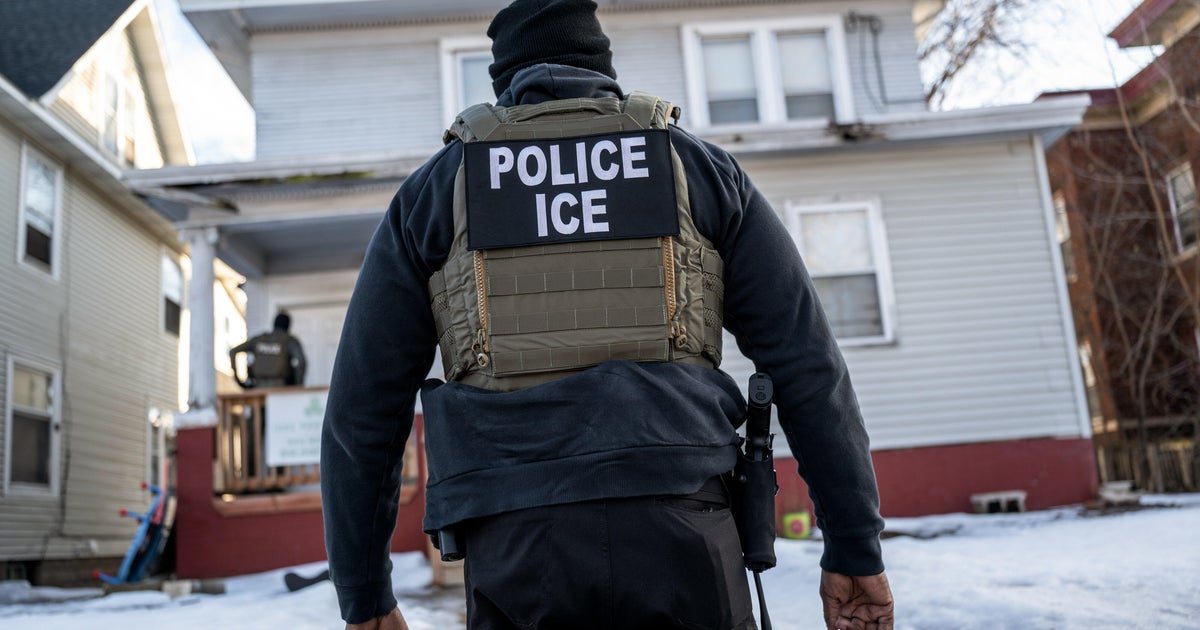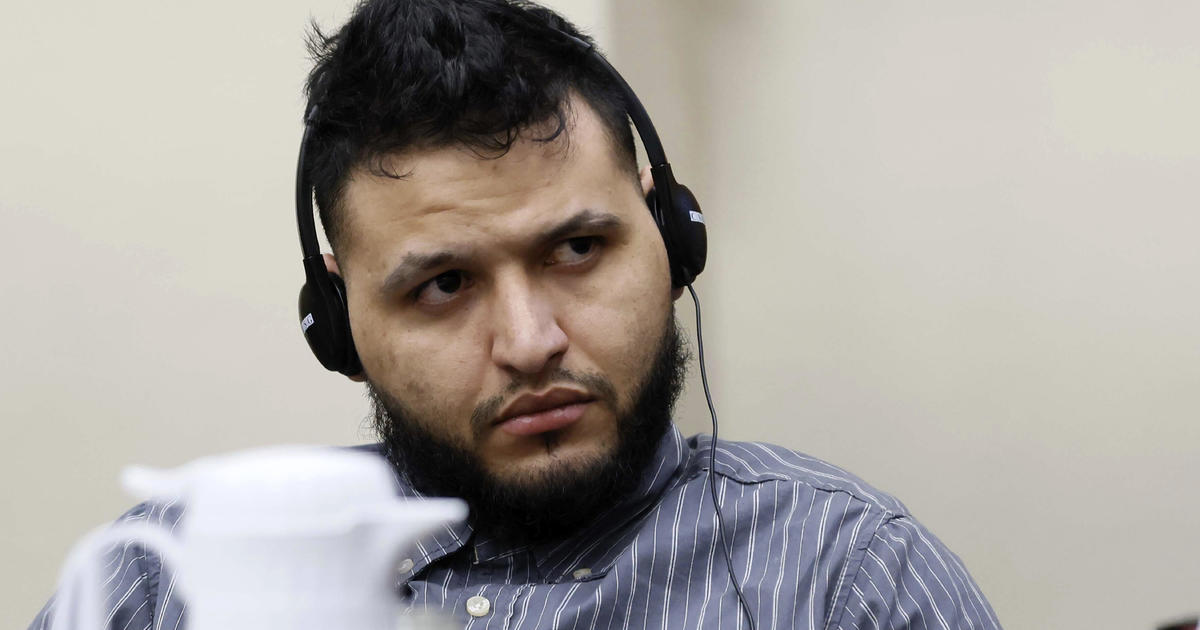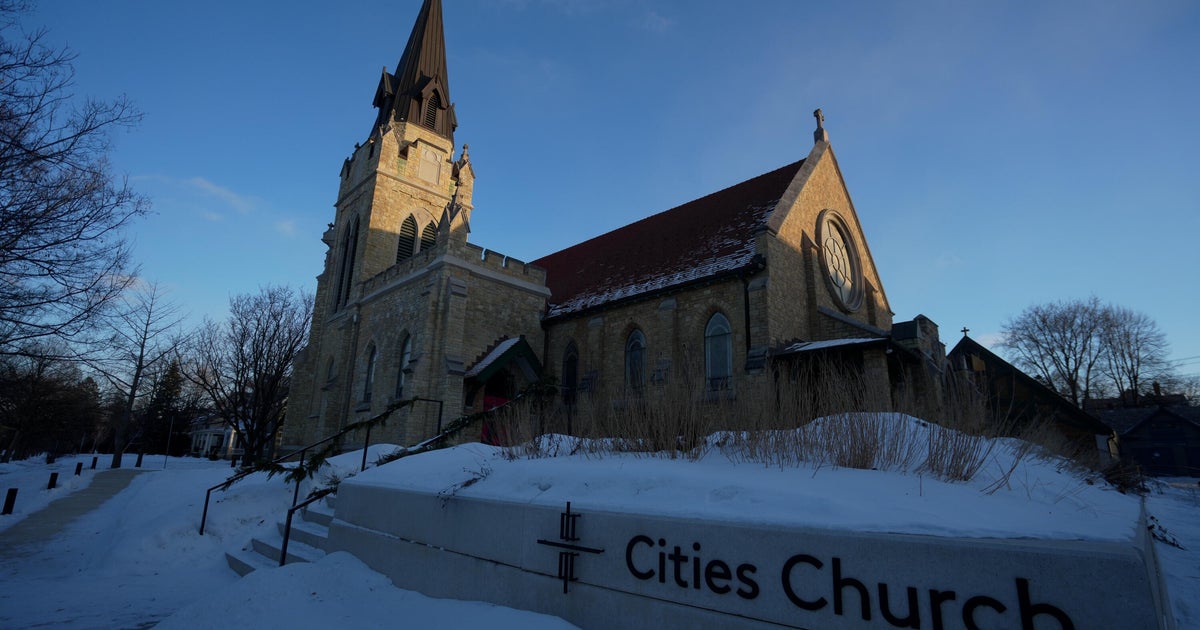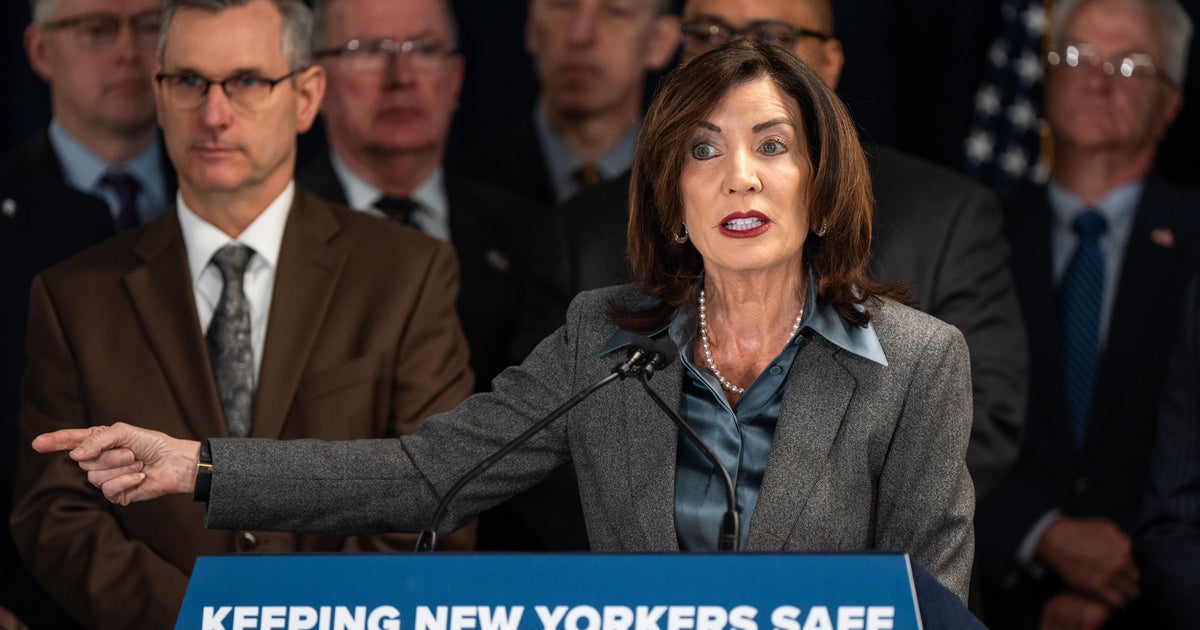Fort Worth man says 'game changing' executive immigration action will impact his life
FORT WORTH — Juan Carlos Cerda's first memories are of spending time with his parents at a park in Atlanta, Georgia. He's lived in Texas since 2000. Here he's gotten married, started a career, and bought a home in Fort Worth.
"I am a Texan, for all intents and purposes," Cerda said. "I just don't have that permanent legal status that says I can stay here."
When Cerda was 3 years old, his parents left Mexico and moved their family to the United States. Now 31, he calls this country the only one he's ever known as home. But because he was brought here without documentation, he's spent much of his life in limbo.
But he sees hope in an executive order created earlier this summer. He believes it may finally cement his legal status in this country.
June marked the 12th anniversary of the Deferred Action for Childhood Arrivals program, or DACA, which shields 528,000 people who were brought to this country as children from deportation. Cerda is one of them.
Just days after the actual anniversary, President Biden announced new executive actions at a ceremony celebrating DACA.
The first action would create a process for noncitizens to stay in the United States while applying for permanent status if they're married to a citizen, have been living in the U.S. for at least 10 years, and don't pose a safety threat.
Another action is aimed at easing the visa process for college graduates. It would make it easier for employers to sponsor DACA recipients, sometimes called Dreamers, and other undocumented immigrants for work visas.
Cerda, who was in Washington, D.C. for the announcement, calls it a "game changer."
"Before this announcement, there was no guarantee that Dreamers would be able to go do their interview abroad, which is required to get a green card, and be able to get back into the country," Cerda said. "So, it's a big improvement and a big announcement."
Living in limbo
Even with the uncertainty over his future in the United States, Cerda excelled in school — graduating from Grand Prairie High School as salutatorian before heading to Yale University.
"My freshman year, I flew to New Haven, Connecticut without any assurance that I would be able to use my bachelor's degree to pursue a career," Cerda said. "And it wasn't until President Obama created DACA that I finally had hope that I could actually do something with my career."
Cerda credits DACA for his success, his job, his ability to buy a home and even something many citizens take for granted: getting his driver's license.
The problem for Cerda and other DACA recipients is the program isn't permanent. And it's not the same as citizenship.
Cerda's parents are now green card holders. He has one brother who also has a green card and another who was born in this country and is a citizen.
"My parents always worried about me," Cerda said. "They continuously ask me, 'Are you sure you want to continue advocating for something that's going to be difficult?' But they're also people of faith and they've prayed for me and now we're at a point where we could see it happening."
Keeping the faith
As the Texas state director for the American Business Immigration Coalition, Cerda is dedicating his life to advocating for immigration reform. It's work that comes with setbacks, especially as immigration becomes an increasingly divisive political issue.
"I think the toughest thing is just getting unwanted comments about trying to do it the right way, or how I don't deserve anything that I have," Cerda said. "That's been the most painful thing, is to not be recognized as a fellow American."
Through the ups and downs, Cerda said he relies on his faith calling it the most important thing in his life.
"We think of ourselves as citizens of heaven," Cerda said. "I'm a proud American. I'm a proud Texan and I'm here to stay. I'm here to contribute to the greatest country in the world and to serve God and do his will."







